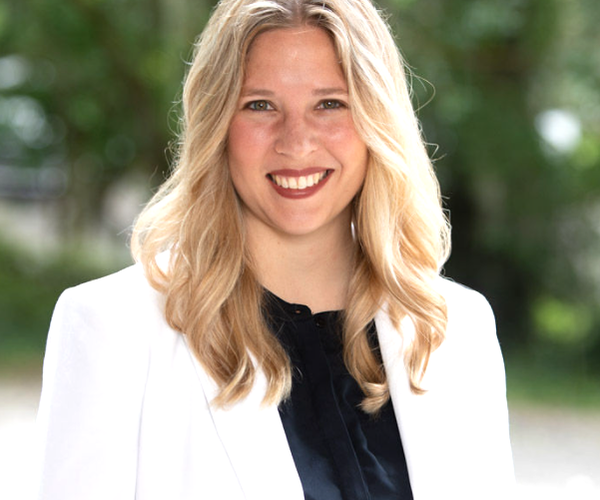ATLANTA — As part of an effort to help Georgia’s foster children make a “lifelong connection,” the Georgia Department of Human Resources Division of Family and Children Services (DHR DFCS) is partnering with a nationally-renowned private foundation that specializes in helping child welfare agencies find permanent homes for more children.
Seattle, Wash.-based Casey Family Programs is investing several million dollars over the next few years to strengthen DFCS’ ability to find permanent homes for some of its most difficult child welfare cases. Children who are older, have developmental disabilities or behavioral illnesses, or who belong to large sibling groups often face serious obstacles when trying to find permanent homes. Casey has a track record for helping states develop best practices that overcome these barriers.
“Permanency is something we’ve always done,” said Mark A. Washington, DHR assistant commissioner who oversees DFCS. “Since 2004, we’ve helped more children find a permanent, loving home. But the reason some of these youth are still not home is that there are major road blocks for them. Now we’re building new bridges. Working with Casey, we’ve developed an attack plan that targets each case and finds a solution for permanency.”
DHR began its partnership with Casey last spring to identify strategies for placing more foster children in permanent homes. Later, DHR and Casey escalated their work to help DHR settle a legal dispute on Dec. 11 with Children’s Rights Inc. While that agreement begins with foster children in Fulton and DeKalb counties, DHR expects to apply the “permanency” strategies it was already developing with Casey throughout Georgia. Those strategies emphasize several options for foster children, including reunifying them with their existing families, placing them with relatives or legal guardians, or finding them adoptive homes.
“Different solutions work for different children,” Washington said. “But our goal is a lifelong connection for every child. We look forward to working with private providers to help make that connection.”
DHR is working with Casey Family Programs to conduct case reviews, called “Permanency Roundtables,” to determine the specific barriers a particular child faces to a permanent home solution. The Permanency Roundtable is a Casey best practice that unites child welfare case workers with other stakeholders to create a comprehensive strategy on a case-by-case basis. In addition, Casey is helping DFCS hire “master practitioners” — highly skilled workers whose sole focus is examining permanency strategies for youth – and create reporting measures to track efforts. DHR is also establishing a Permanency Unit that coordinates efforts to find more permanent solutions for more children.
DHR’s latest efforts build on years of work to transform Georgia’s child welfare system. Since 2004, DHR has added new case workers and reduced the number of Georgia children in foster care by 21 percent. Each year, more children leave foster care than enter it.
In 2003, the average stay in foster care was 22 months before permanency. Today, the average stay is 19.9 months.
Five years ago, a child seeking adoption waited 44 months on average to find a new home. Today, the average wait is about 38 months.





